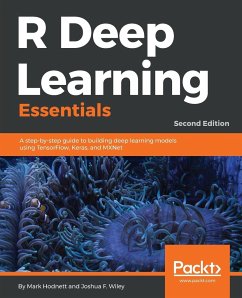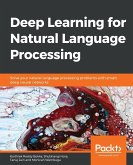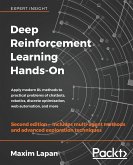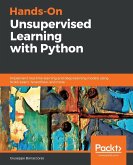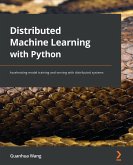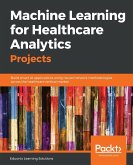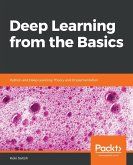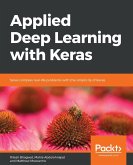Implement neural network models in R 3.5 using TensorFlow, Keras, and MXNet Key Features Use R 3.5 for building deep learning models for computer vision and text Apply deep learning techniques in cloud for large-scale processing Build, train, and optimize neural network models on a range of datasets Book Description Deep learning is a powerful subset of machine learning that is very successful in domains such as computer vision and natural language processing (NLP). This second edition of R Deep Learning Essentials will open the gates for you to enter the world of neural networks by building powerful deep learning models using the R ecosystem. This book will introduce you to the basic principles of deep learning and teach you to build a neural network model from scratch. As you make your way through the book, you will explore deep learning libraries, such as Keras, MXNet, and TensorFlow, and create interesting deep learning models for a variety of tasks and problems, including structured data, computer vision, text data, anomaly detection, and recommendation systems. You'll cover advanced topics, such as generative adversarial networks (GANs), transfer learning, and large-scale deep learning in the cloud. In the concluding chapters, you will learn about the theoretical concepts of deep learning projects, such as model optimization, overfitting, and data augmentation, together with other advanced topics. By the end of this book, you will be fully prepared and able to implement deep learning concepts in your research work or projects. What you will learn Build shallow neural network prediction models Prevent models from overfitting the data to improve generalizability Explore techniques for finding the best hyperparameters for deep learning models Create NLP models using Keras and TensorFlow in R Use deep learning for computer vision tasks Implement deep learning tasks, such as NLP, recommendation systems, and autoencoders Who this book is for This second edition of R Deep Learning Essentials is for aspiring data scientists, data analysts, machine learning developers, and deep learning enthusiasts who are well versed in machine learning concepts and are looking to explore the deep learning paradigm using R. Fundamental understanding of the R language is necessary to get the most out of this book.
Hinweis: Dieser Artikel kann nur an eine deutsche Lieferadresse ausgeliefert werden.
Hinweis: Dieser Artikel kann nur an eine deutsche Lieferadresse ausgeliefert werden.

